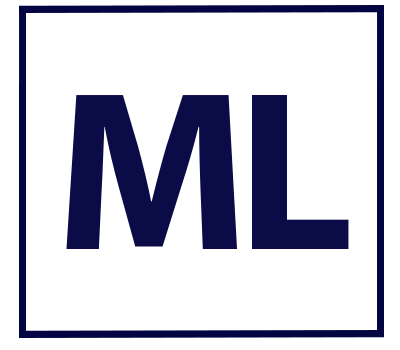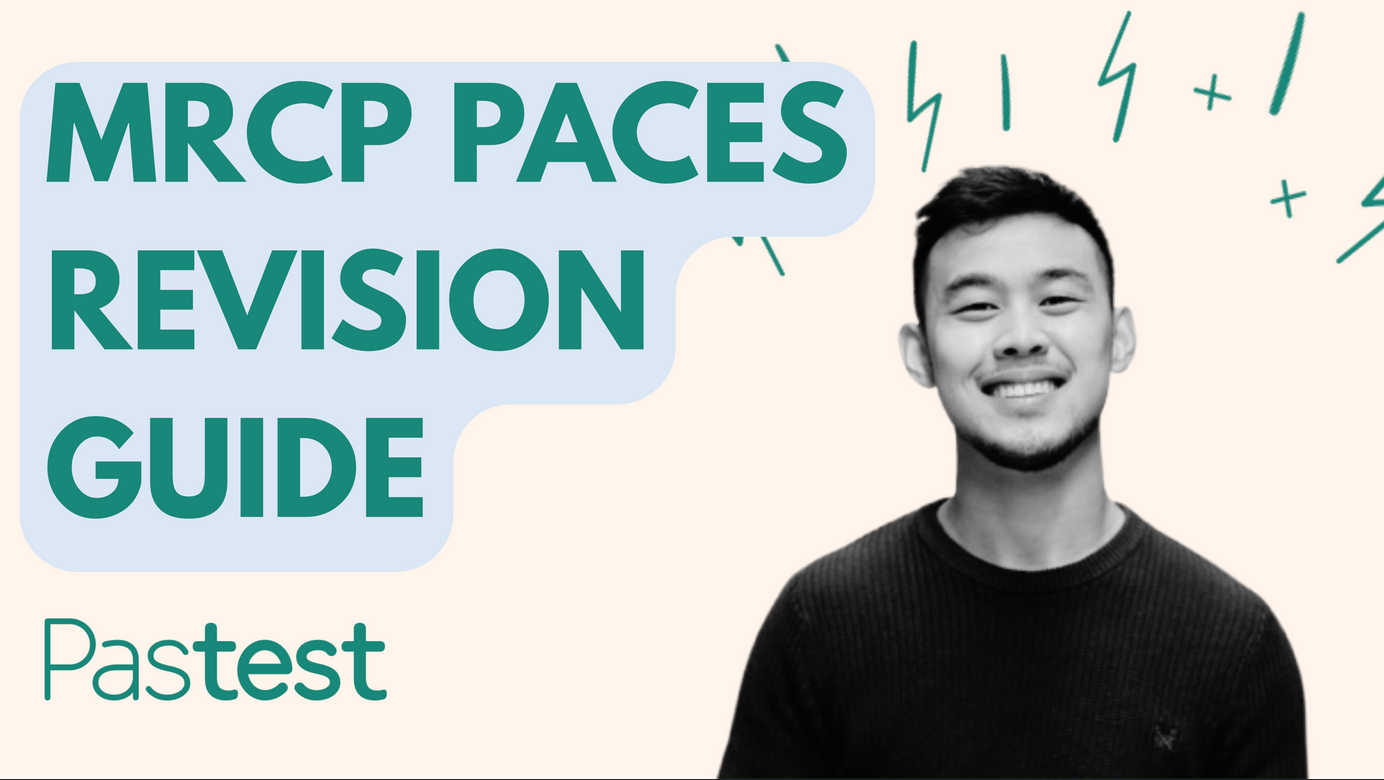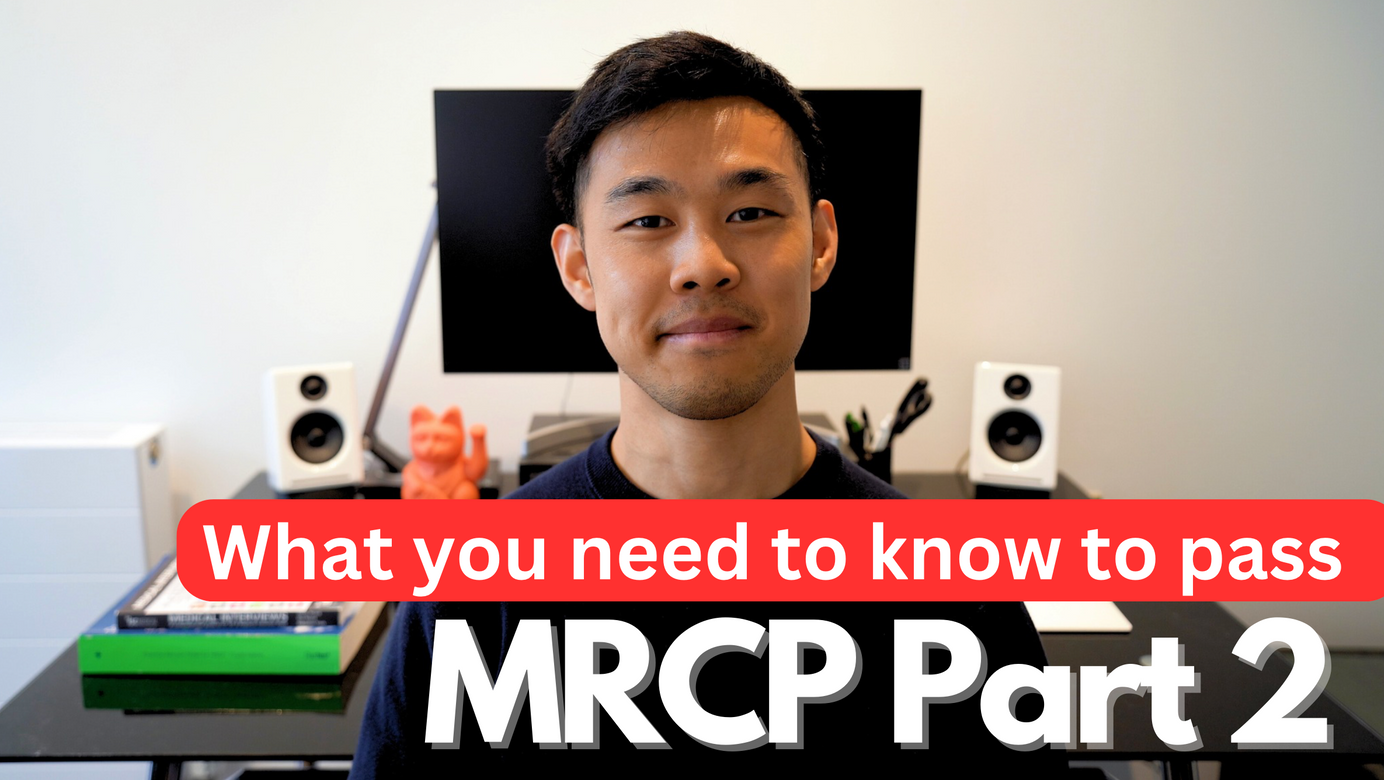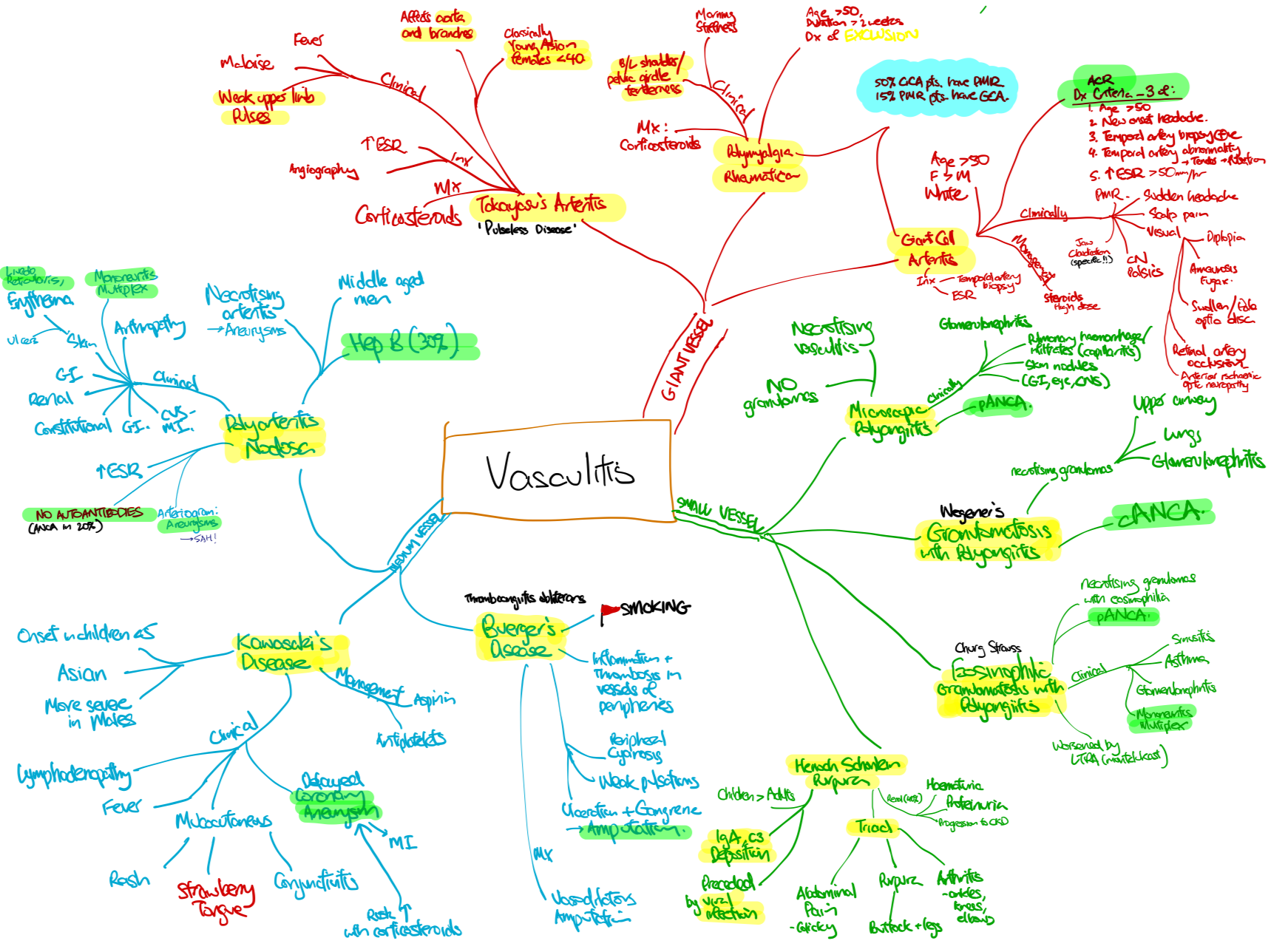
How I ranked top 10% in MRCP Part 1: Study Methods and Resources
My full revision strategy for MRCP Part 1 including my resources, study schedule, and the final exam preparation.
In my first article, I introduced MRCP Part 1 and shared key bits of information to help you decide if this exam was worth taking for you. In my next, I wrote about how to plan and prepare for the exam. This time, I’ll be taking you through my actual study process: the resources I used, and how I used them.
We’ve done a lot of planning. I think it’s time to actually get some revision done!
‘When preparation becomes a form of procrastination, you need to change something.’ James Clear (Atomic Habits)
Resources
The resources I used include:
- Pastest MRCP Part 1 book
- Passmedicine question bank
- Flashcards: Anki
- Mock papers: Passmedicine, OnExamination, Pastest and MRCP
- Mindmaps: Goodnotes on iPad
- Paper notebook for notes
The truth is that nowadays there are a multitude of resources to choose from for MRCP Part 1. With a finite revision period, you want to focus your efforts on the highest yield resources. I would certainly pick a reputable question bank source like Passmedicine or Pastest as it forms the bulk of your revision.
My study revision plan involved working through the specialties one at a time, revising all the subtopics within it. I would then continue revising this content periodically, while moving to the next specialty. Some people find it easier to mix the specialties altogether. See what works best for you.
To give you guys an idea what I mean, I'll take you through my learning process for a single specialty and go through the resources and tools I used and how I used them.
Pastest MRCP Part 1 Book
Define your revision scope. What are the key topics of each specialty?
I started each specialty by reading the MRCP Part 1 book by Pastest. This book is great because it lays out the topics of each specialty very clearly. I used it to map out my revision topics and look through the subsections of each specialty. I then went through each subsection to get a rough idea of the amount of content, determine familiarity with material, and identify new concepts I’d need to spend more time on.
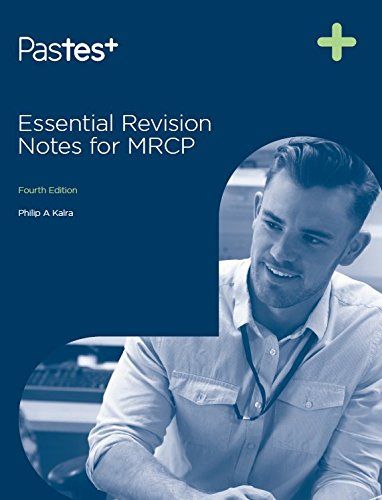
The writing style is clear and concise. It’s designed to have only essential concepts so you can be confident that its relevant content to the exam. However, bear in mind that reading is a limited form of learning. It’s very easy to switch off or trick yourself into thinking that you’re retaining information. I made that mistake a lot throughout medical school.
Therefore, I limited my use to just initial material exposure. Most of my time was spent glancing through with a highlighter, copying key points out for future reference. Overall, it was a valuable addition to my revision that I found myself coming back to for concept clarification.
The book can be purchased on Amazon here.
Question Bank
The question bank is by far the single most important resource you will use for MRCP Part 1, no matter what kind of learner you are. If you are short on time, do question banks. If you aren't short on time, do question banks!
They’re the most effective resource for several reasons:
- Questions and format are entirely relevant to the exam. Majority are based off previous questions
- Detailed explanations on key concepts and conditions to improve understanding
- Built in progress trackers to guide your revision
- Signpost to good resources which saves you valuable time including relevant NICE guidelines and helpful videos.
- Information is kept up to date and in line with guideline changes
- There are so many questions (usually 3000-4000) which means repeated testing and application - you'll be familiar by the end!
Question banks are incredible because they cover every single learning stage you need to memorise things. You see a concept, you read around it to understand it, you recall the information intermittently to remember it, then you apply it to answer questions. It allows you to learn your content through both RECALL and RECOGNITION (which are two separate memory formation pathways) so it’s a double win!
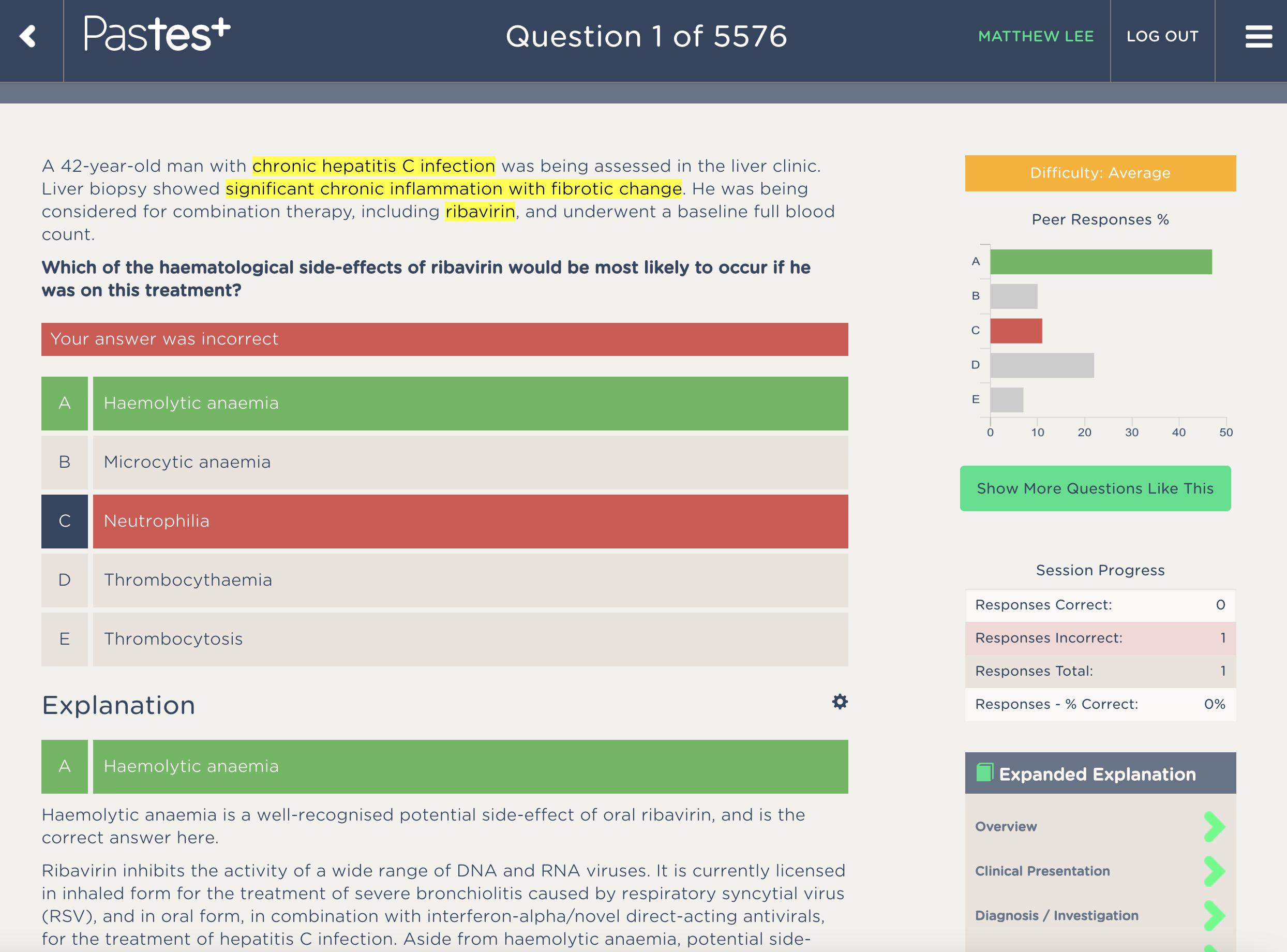
If you were curious to find out more about how your brain forms memory, have a look at this.
There are quite a few excellent ones out there including Passmedicine, Pastest, Onexamination and the Royal college. I chose Passmedicine because of recommendations of an excellent bank of information for each disease, topic and concept. I found their detailed explanations of everything from drugs to diseases super informative, precise and relevant to my revision. They also have subscriptions to various resources like Osmosis which are really useful for understanding difficult concepts. For the price they charge it provides IMMENSE value so I would 100% recommend this to anyone doing the exam.
Putting Things Together
In my revision plan, I completed all the questions in that relevant specialty and read up on conditions as I went along. I made general notes of topics to revise further by copying text from the explanations into a word document to revise later. I then wrote my own summarised notes on my iPad. This had 2 benefits:
- By limiting myself to 3 pages per specialty, I was forced to break down concepts into key bits to only include vital information. It helped me understand from the basics and learn in the process. First order principles.
- I had a set of good notes to revise later on that were clear and concise. This helped a lot in the last 2 weeks when your head is drowning in information!
Moving on, I created flashcards for facts I needed to memorise. I also created mindmaps of topics I was unfamiliar with to join concepts in my head. Mindmaps are effective because it mimics ‘procedural learning’. repetition of step-by-step learning until it becomes natural. It’s how our brain lays down memory. Think about it; no thought is ever made in isolation. It becomes easier to make new memory when you join it with old ones.

These processes helped me extract important information into the condensed format of notes, drawings and flashcards that I could revise and consolidate repeatedly. I scheduled to review my notes in 5 days, then 10 days which were the limitations of my retention. I reviewed my flashcards using Anki, a flashcard app with pre-programmed intervals for effective retention. I continued on with these flashcards as I moved on to the next specialty.

Final Few Weeks
I did the above process for all 17 specialties and finished with 2 weeks before the exam date. My total percentage on Passmedicine ended up being around 64.5%.
It was time to put everything together, tying loose ends in my knowledge and practicing more questions. The 3 main things I did at this late stage was:
- Revising my summarised notes
- Doing Mock papers – Pastest, OnExamination, Passmedicine, MRCP
- Revised flashcards daily (by this point I’d accumulated over two thousand flashcards, that were all being repeated at intervals)
I was strict on time allocation and held myself accountable to completing tasks through my spreadsheet. I continued my full time job throughout this process and scheduled revision blocks around my timetable. For example I scheduled mock papers on weekends where I could guarantee 3 uninterrupted hours, while I saved flashcards and going through notes for work days.
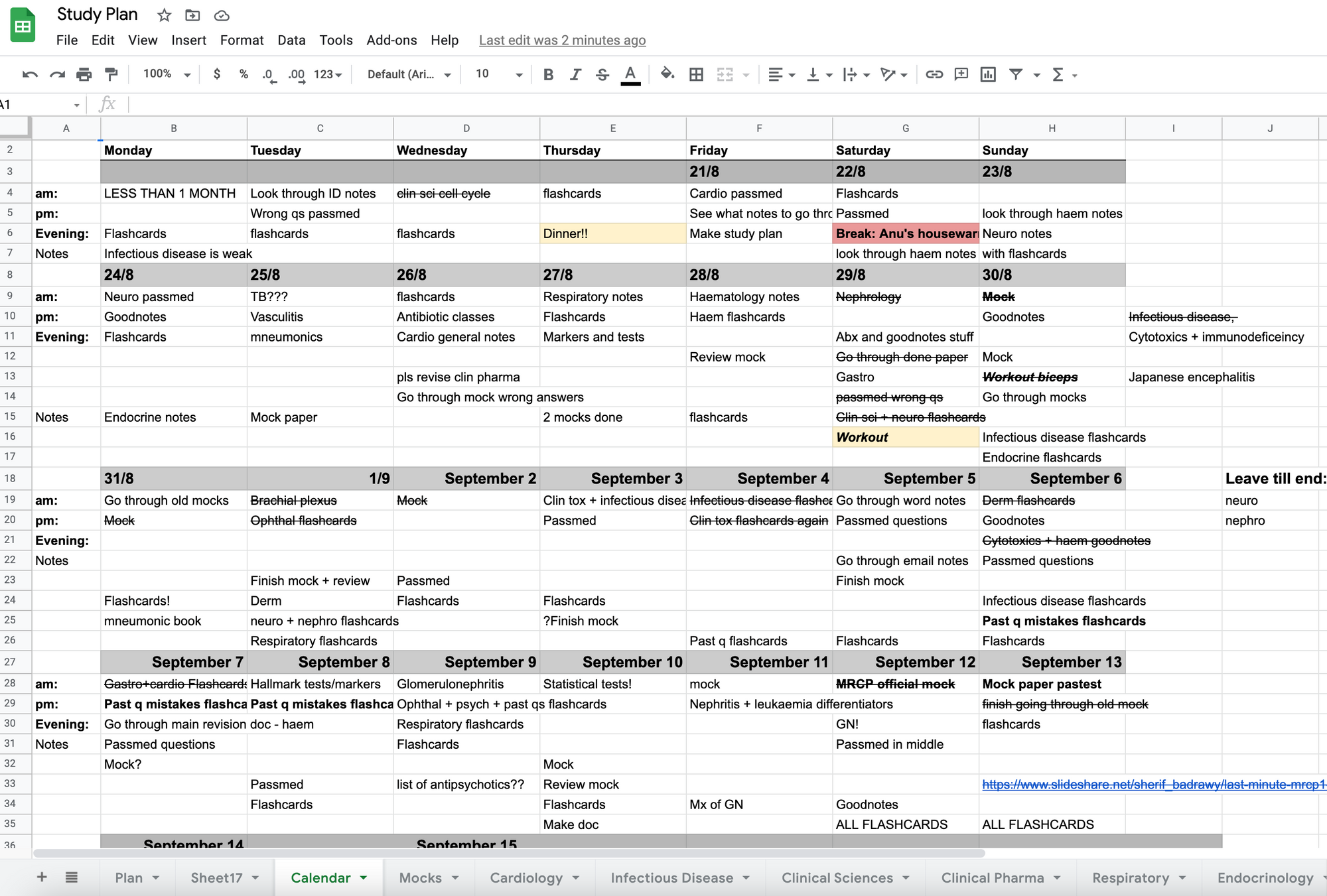
In total, I did 4500 questions, 11 mocks, made 2327 flashcards, and went into the exam feeling fairly confident. I sat the exam online in the comfort of my own home and despite some technical issues, it turned out OK in the end! I vlogged my exam day experience which you can watch here.
Final Thoughts
As evidenced by its notoriously low pass rates, MRCP Part 1 isn’t an easy exam. There’s a seemingly indefinite scope of information to learn. However, with good planning and the right strategy, you can maximise your chances of passing.
The final thing I want to say is that you shouldn’t obsess about learning for the sake of passing. Exams exist only to standardise quality among doctors, however the bigger picture is that we should all be learning as much as we can treat patients better. I approached exam revision with the intention to learn content not just to pass the exam, but to make me a more informed doctor. I do think that I’ve been able to apply a lot of the information I’ve learned into real clinical practice! It was a challenging but rewarding experience.
I hope this has been insightful for some of you, and please let me know if you have any feedback!
MRCP exam revision materials straight to your inbox.
Sign up to the mailing list to be the first to receive tips and tricks to pass your exams.
